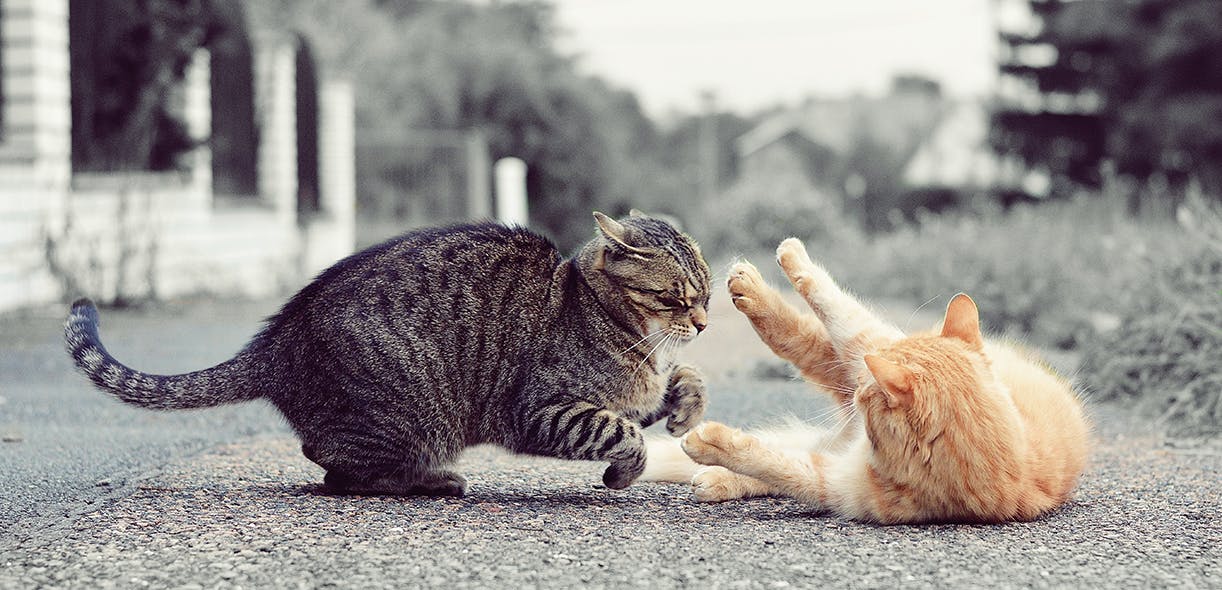The name, itself, is terrifying. Feline immunodeficiency virus (FIV), or feline AIDS, as it’s more commonly called. No one wants their cat to contract it, as Regalito did. Fortunately, FIV is not considered a common disease. According to a large Canadian study conducted 10 years ago, the prevalence of VIF across the country is 4.3%. Even though it’s 10 years old, this study remains the point of reference for FIV in Canada due to its sample size of over 11,000 cats.
“Because VIF is principally transmitted through bites, it’s mostly stray cats that are affected,” says Dr Caroline Kilsdonk, president of the Order of Quebec Veterinarians (OMVQ). “Fights between uncastrated male cats provide the ideal setting for infection.”
A vaccine was once available in Canadian veterinary clinics but it was discontinued in 2015 for several reasons. “Firstly, the vaccine wasn’t effective against the most common strains of the disease found in Canada,” says Dr Kilsdonk. “We also had to test all cats for FIV before vaccinating them to see if they were positive. Once vaccinated, due to the presence of antibodies in their blood generated by the vaccine, their tests would be FIV positive. Overall, it cost clients quite a lot of money. Although infection with the virus is not that rare, cases where a cat develops AIDS and his or her life is endangered by it are relatively infrequent.”
With this said, there are options to help minimize the risk of infection for cats who go outside. Sterilization is the most effective, as it helps reduce the risk of aggressive behaviour, especially in male cats. Another method is to let your cat out only on a leash. By keeping close track of your pet, you can help prevent scuffles with the local feline bully. “And, if you already have a cat—or more than one, it’s also important to test all new cats who come into your home,” concludes Dr Kilsdonk.
